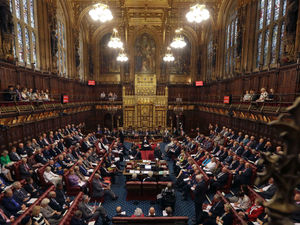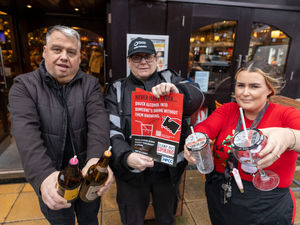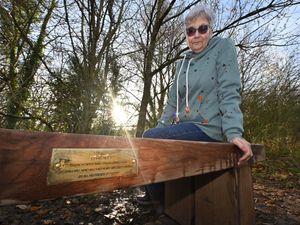Brexit decision must be respected, says former Shropshire MP Lord Grocott
A former Shropshire MP has warned that fellow peers are playing a dangerous game if they seek to delay or even stop Britain leaving the European Union.
Lord Grocott, the former MP for The Wrekin and later Telford, said there was a "colossal mismatch" between opinions expressed in the House of Lords, and those of the general public.
He warned that if his fellow peers failed to embrace the outcome of the 2016 referendum, they would simply add to perceptions that the public was not being listened to.
"There is an elephant in this room," he said. "It is the colossal mismatch between the balance of opinion here, judging by the contributions in debates over the months, and the balance of opinion in the country at large.
"When I go home at weekends, people do not say, 'I made a dreadful mistake, I voted leave', they say, 'Why aren’t you getting on with it?'"
Lord Grocott said the most often-quoted reason people gave for voting to leave the EU was that they were not being listened to.
"Let us not confirm that impression, particularly not in an unelected house, by appearing to delay or, at worst, block Brexit," he said.

"Above all, let us avoid saying to 17.4 million voters, as some speeches have seemed to, that we know what is good for them better than they know themselves."
Lord Grocott, who served as parliamentary private secretary to Tony Blair, appears to be at odds with the former prime minister, who has said he wants to see the decision to leave the EU reversed.
Mr Blair said there was “a significant group of people”, particularly Labour voters, who backed Brexit because of economic and cultural worries.
They could be persuaded to change their minds if their concerns were addressed, he said.
But Lord Grocott, who was MP for The Wrekin from 1987 to 1997, and for Telford from 1997 to 2001, said politicians had to recognise the significance of the Brexit vote.
"Leave votes were cast despite advice coming from virtually everyone in authority telling people to vote remain: the Tory government, the Labour opposition, virtually all the other political parties – the Liberal Democrats, the SNP, the Green Party and the Welsh nationalists – the captains of industry, trade union leaders, the universities, the IMF, the Bank of England and leaders of sundry countries throughout the world.
"Yet despite all this warning of the perils of voting leave, amazingly, astonishingly, the people said, 'Thanks very much for your advice, which we usually dutifully follow, but this time no thanks'."




